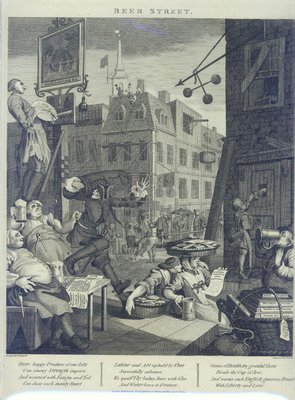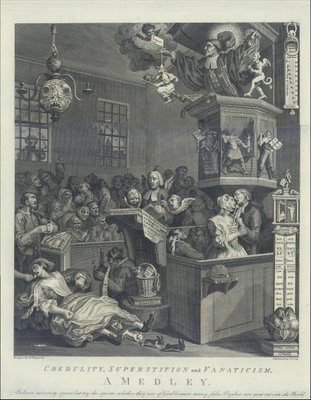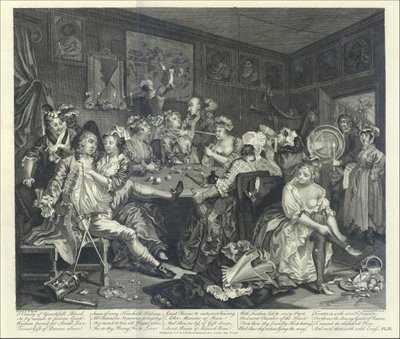 DONALD HALL AND WILLIAM HOGARTH
DONALD HALL AND WILLIAM HOGARTHThe following poem by Donald Hall is one of the more interesting takes on the American Revolution I’ve come across recently. I searched out and added in some of William Hogarth’s 18th Century cartoons—his political cartoons—because his work pictorially represents the sort of criminality which Halls’ poem suggests was a big part of those people who escaped England to come to America as indentured servants and as people banished here. We oughtn’t to forget that Georgia was a penal colony set up by an English nobleman called Oglethorpe.
William Hogarth (November 10, 1697 – October 26, 1764)
It’s a family legend that someone in our family came out of Oglethorpe’s loins. My middle name is Thorp. According to family legend, the name Oglethorpe changed over time, from Oglethorpe to O’Thorpe to Thorpe and, finally, to Thorp. Thorp was my maternal grandmother’s maiden name. It’s great fun to imagine that one’s family was deeply involved in American history—thus, the Daughters of the American Revolution, etcetera—isn’t it? By the way, when I was taking my little retirement spin around the US a couple of years back and stopped off in Savannah, I found Oglethorpe's name everywhere in the older parts of Savannah, even a house that had once been his.

The Revolution
In the Great Hall where Lady Ann by firelight after dining alone
nodded and dreamed that her cousin Rathwell turned into a unicorn,
and woke shuddering, and was helped to her chambers, undressed,
and looked after, and in the morning arose to read Mrs. Hemans,
sitting prettily on a garden bench, with no sound disturbing
her whorled ear but the wind and the wind's apples falling,
the servants
tended fires, answered bells, plucked grouse, rolled sward, fetched eggs,
clipped hedge, mended linen, baked scones, and served tea.
While Lady Ann grew pale playing the piano, and lay late in bed aging,
she regretted Rathwell who ran off to Ceylon with his indescribable
desires, and vanished—leaving her to the servants who poached, larked,
drank up the cellar, emigrated without notice, copulated, conceived, and
begot us.
—Donald Hall

No comments:
Post a Comment